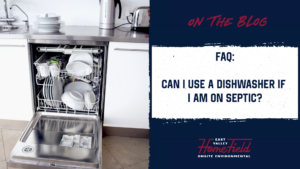Grease trap failure is more than just a messy inconvenience. It can shut down your business, trigger health code violations, and cost thousands in repairs. The good news? Most grease trap problems are 100% preventable with the right maintenance and awareness.
Lack of Routine Service Leads to Grease Trap Failure
Your grease trap is not designed to handle unlimited volume. Without consistent pumping, grease builds up, hardens, and blocks flow. This leads to backups, nasty odors, and even plumbing system damage. Waiting too long between cleanings is the number one cause of grease trap failure in commercial kitchens.
The solution is simple: create a service schedule based on your actual usage. A busy kitchen needs more frequent pumping than a smaller one. Don’t wait for an issue to arise—prevent it by staying on top of your maintenance.
Improper Waste Disposal Makes It Worse
Even with regular pumping, poor habits can speed up grease trap failure. When food scraps, oils, or cleaning chemicals go down the drain, they disrupt the trap’s ability to function. Overloading it with solids or using harsh chemicals kills the natural bacteria that help break down grease.
Train your staff to scrape plates and avoid dumping grease or food waste into sinks. Use sink strainers and proper disposal bins for all solids and fats.

Avoid Downtime with the Right Partner
When a grease trap fails, the impact hits fast. Slow drains, sewage smells, and plumbing backups can force a temporary shutdown. That’s not just frustrating—it’s revenue lost.
At HomeField, we help businesses avoid all of that. Our team builds service plans based on your kitchen’s actual needs, not a one-size-fits-all schedule. We also offer jetting, camera inspections, and backup prevention to keep your system running right.
Grease trap failure is preventable. Let us help you stay ahead of it, so your team can stay focused on what really matters—running your business.



